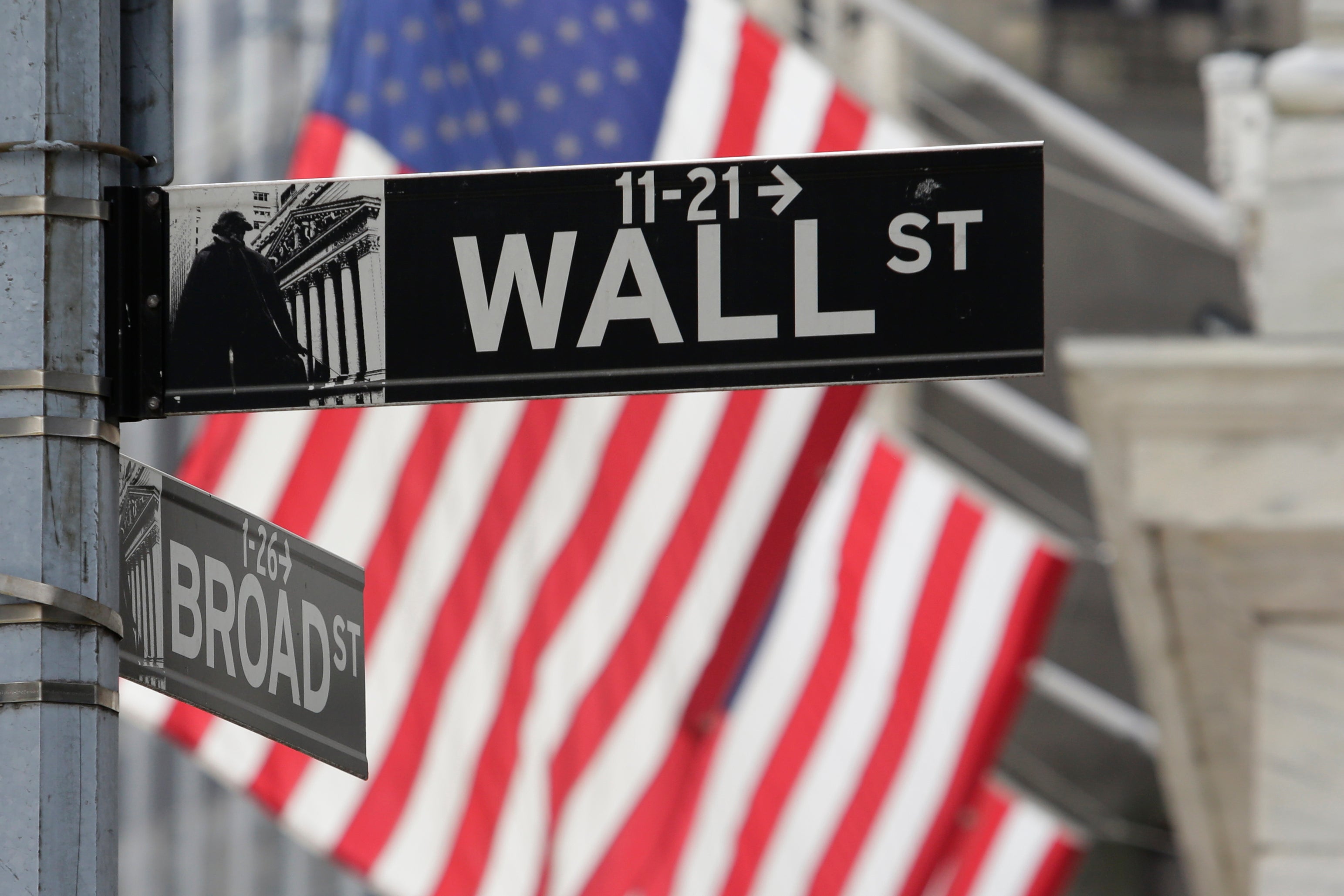Stock market today: Asian shares are mixed and the yen slips against the dollar
Asian shares are mixed after U.S. stocks edged higher toward recent record levels

Your support helps us to tell the story
From reproductive rights to climate change to Big Tech, The Independent is on the ground when the story is developing. Whether it's investigating the financials of Elon Musk's pro-Trump PAC or producing our latest documentary, 'The A Word', which shines a light on the American women fighting for reproductive rights, we know how important it is to parse out the facts from the messaging.
At such a critical moment in US history, we need reporters on the ground. Your donation allows us to keep sending journalists to speak to both sides of the story.
The Independent is trusted by Americans across the entire political spectrum. And unlike many other quality news outlets, we choose not to lock Americans out of our reporting and analysis with paywalls. We believe quality journalism should be available to everyone, paid for by those who can afford it.
Your support makes all the difference.Asian shares were mixed on Thursday after U.S. stocks were little changed as investors watched to see developments in the Middle East.
The U.S. dollar gained against the Japanese yen as officials downplayed the likelihood of an interest rate hike soon.
That helped push Tokyo's Nikkei 225 index higher. It gained 2.2% to 38,655.03, while the dollar traded at 146.80 Japanese yen, up from 146.41 yen late Wednesday.
The dollar had been trading around 142 yen after the ruling Liberal Democrats chose Shigeru Ishiba to head the party and succeed Fumio Kishida as prime minister. Ishiba had expressed support for the central bank's recent moves to raise its near-zero benchmark interest rate, which stands at around 0.25%. That led traders to bet that the yen would gain in value.
But after a meeting between Ishiba and Bank of Japan Gov. Kazuo Ueda, both officials indicated that the central bank did not view further rate hikes as suitable for the economy at this time. That prompted a flurry of selling of yen.
The meeting between Ishiba and Ueda was not expected to bring major news, however, “when Ishiba hinted that growing global risks should keep the BoJ firmly grounded, yen bulls hit the exits faster than you can say ‘sayonara,’” Stephen Innes of SPI Asset Management said in a commentary.
Elsewhere in Asia, Hong Kong's Hang Seng dropped 3.5% to 21,661.99 as investors locked in profits after it roared 6.2% higher a day earlier on a wave of investor enthusiasm over recent announcements from Beijing to rev up the Chinese economy.
With Shanghai and other markets in China closed for a weeklong holiday, trading has crowded into Hong Kong. Markets in South Korea and Taiwan also were closed. India's Sensex fell 0.7%.
Oil prices rose again as the world waited to see how Israel will respond to Tuesday’s missile attack from Iran.
U.S. benchmark crude oil gained 73 cents to $70.83 per barrel in electronic trading on the New York Mercantile Exchange. Brent crude, the international standard, was up 67 cents to $74.57 per barrel.
Israel is not a major producer of oil, but Iran is, and a worry is that a broadening war could affect neighboring countries that are also integral to the flow of crude.
On Wednesday, Wall Street benchmarks ended little changed amid uncertainty over conflict in the Middle East.
The S&P 500 gained less than 1 point, to 5,709.54, while the Dow Jones Industrial Average edged up 0.1% to 42,196.52. The Nasdaq composite added 0.1% to 17,925.12.
In the bond market, Treasury yields rose after a report indicated hiring by U.S. employers outside the government may have been stronger last month than expected.
The report from ADP Research said private-sector employers accelerated their hiring in September. That could be an encouraging signal for the more comprehensive report on the U.S. job market due to arrive Friday from the U.S. government.
The dominant question hanging over Wall Street has been whether the job market can keep holding up after the Federal Reserve earlier kept interest rates at a two-decade high. The Fed was trying to press the brakes hard enough on the economy to stamp out high inflation.
Stocks are near records in large part on the belief that the U.S. economy will continue to grow now that the Federal Reserve has shifted to cutting interest rates. The Fed last month lowered its main interest rate for the first time in more than four years and indicated more cuts will arrive through next year.
Nike sank 6.8% even though the athletic giant reported stronger profit for the latest quarter than analysts expected. Its revenue fell short of forecasts, and the slump shows how much work incoming CEO Elliott Hill has in making the brand cool among customers.
Tesla sank 3.5% despite reporting an increase in its deliveries of electric vehicles during the latest quarter, the first time that’s happened this year. The number topped analysts’ forecasts, but investors may have been expecting an even bigger increase.
Also early Thursday, the euro fell to $1.1038 from $1.1047.